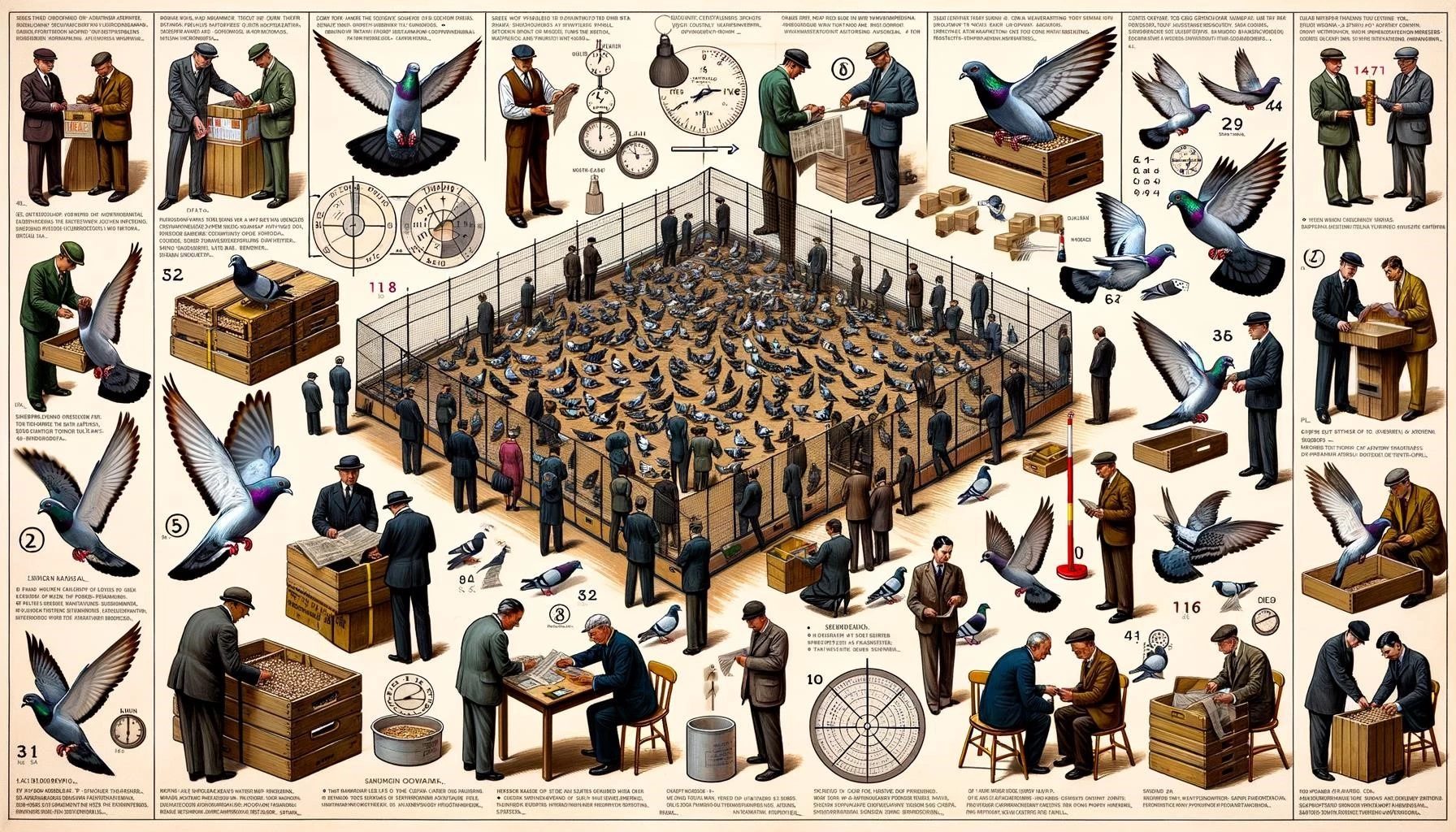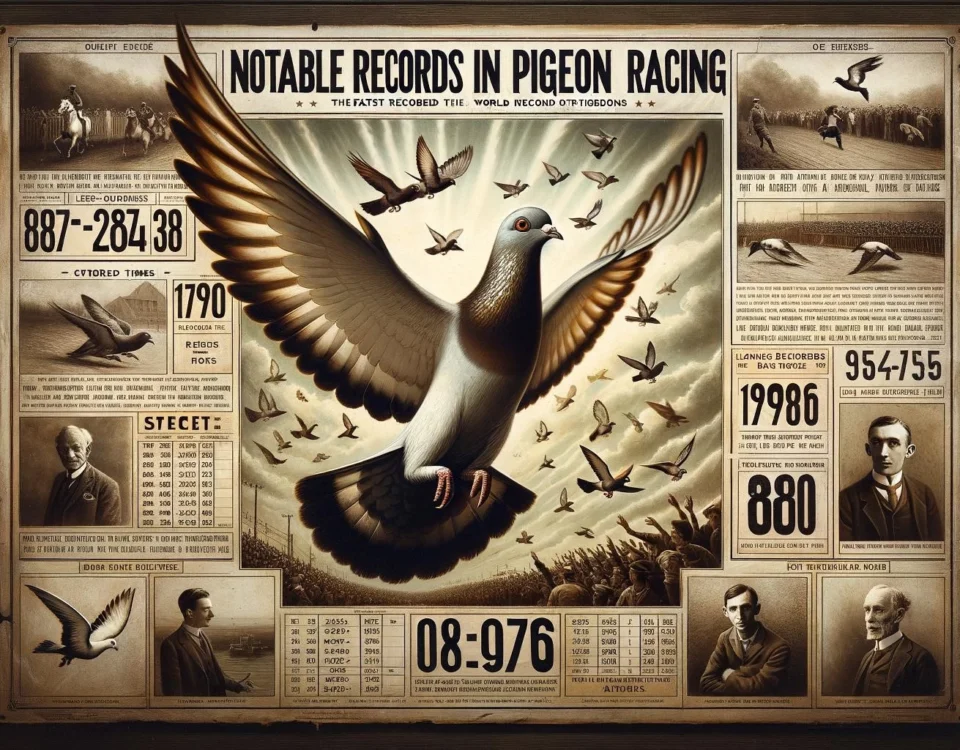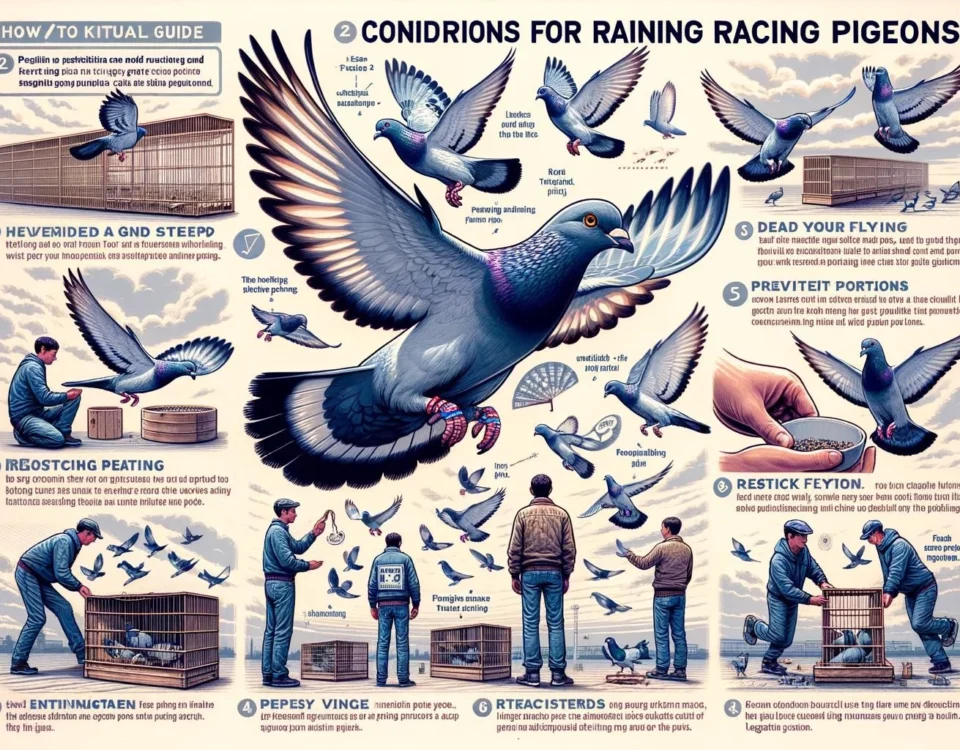Pigeon racing, an ancient sport that tests the speed and endurance of specially bred birds, is governed by a host of intricate regulations and protocols. These guidelines, established by prominent organizations like the American Racing Pigeon Union and the Royal Pigeon Racing Association, are designed to ensure fair competition, bird welfare, and the overall integrity of the sport. From breeding rules to local and international race regulations, the world of pigeon racing is as complex as it is captivating. This article explores the nuances of these regulations and their impact on this unique and thrilling sport.
Key Takeaways
- Pigeon racing is a highly regulated sport with organizations like the American Racing Pigeon Union (ARPU) and the Royal Pigeon Racing Association (RPRA) playing a critical role in establishing rules and regulations.
- The sport of pigeon racing involves breeding pigeons specifically for speed and performance.
- Local and international regulations ensure the safety and well-being of the birds and set standards for race organization and conduct.
1. The Role of Pigeon Racing Organizations
Pigeon racing is a sport that is regulated by various organizations, such as the American Racing Pigeon Union (ARPU) and the Royal Pigeon Racing Association (RPRA). These organizations play a crucial role in establishing rules and regulations to ensure fair competition and the welfare of the birds.
The ARPU aims to promote, protect, and enhance the sport of racing homing pigeons. They work to maintain organizational consistency, honesty, integrity, and sportsmanship in competitions. The ARPU provides guidance and support to members, ensuring that racing pigeons adhere to the regulations stipulated under the Animal Welfare Act (AWA).
Similarly, the RPRA oversees and monitors the sport of pigeon racing. They establish the official rules and procedures for races and provide a rule book that includes details of all RPRA officers, council members, and regional secretaries. The RPRA also ensures the safety and well-being of the birds by expelling fanciers who mistreat or abuse their birds.
2. Breeding and Training Regulations
Pigeon racing involves breeding pigeons specifically for speed and performance. Pigeon fanciers carefully select breeding pairs to create the most successful racers possible. These birds are bred for their remarkable speed and keen sense of direction, allowing them to navigate long distances using their ability to detect magnetic fields.
There are also regulations specific to the training and preparation of racing pigeons. The birds are trained for months to prepare for races, gradually increasing the distances they can cover. This training process ensures that the birds are physically and mentally prepared for the demanding competitions.
3. Local and International Race Regulations
Local and international regulations play a vital role in ensuring the safety and well-being of the birds, as well as setting standards for race organization and conduct.
For example, in Dubai, the Dubai One Loft Pigeon Race and the World Championship Pigeon Sprint Racing are regulated by specific rules. These races focus on pigeon sprint racing and have specific regulations for the races and hotspots. The rules and regulations for these races are regularly updated to ensure fair competition.
In the United States, the Animal Welfare Act (AWA) governs the treatment of animals used in various activities, including pigeon racing. While the AWA does not specifically address racing pigeons, organizations like the ARPU ensure that the sport aligns with legal standards. Pigeon racing is considered to advance agricultural arts and sciences, which supports the interpretation that racing pigeons are included in the definition of farm animals and are not subject to the AWA regulations.
Region-specific regulations may also exist. For example, in the UK, the Department for Environment, Food and Rural Affairs (DEFRA) requires pigeon fanciers who wish to participate in channel racing to register their lofts.
Overall, regulations in pigeons racing serve to ensure the fair and ethical treatment of the birds, maintain the integrity of the sport, and provide a safe and enjoyable experience for participants and spectators.









